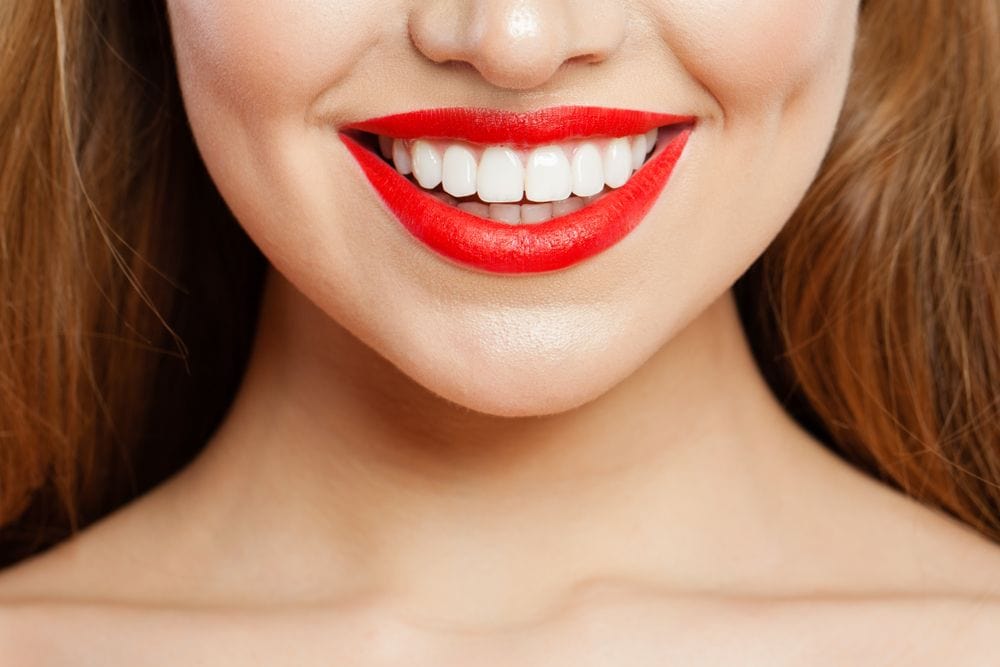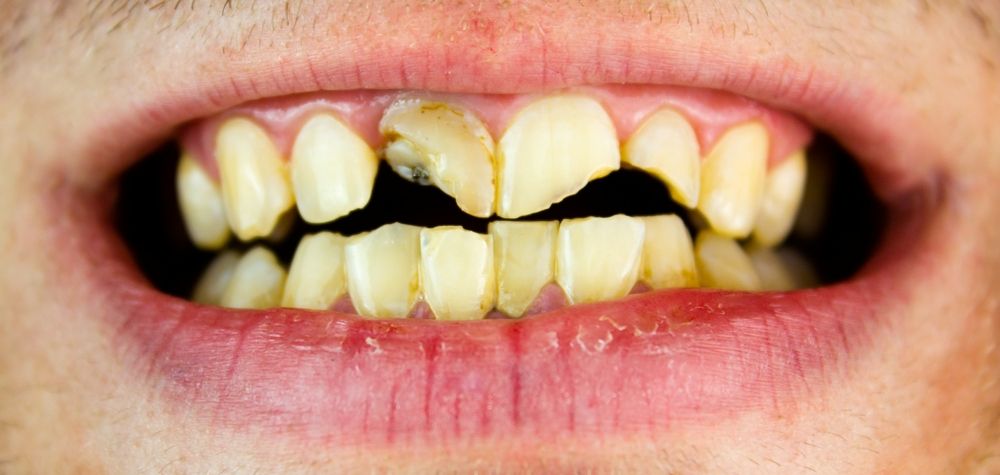Pay Attention to Elderly Oral Health Before It’s Too Late

The Faculty of Dentistry at Mahidol University has released concerning data showing that more than 58% of elderly individuals in Thailand have fewer than 20 natural teeth remaining. This is below the basic threshold needed for proper chewing, speaking, and confident social interaction. The decline in elderly oral health is not a minor issue — it can lead to serious health problems and significantly impact overall quality of life.
Providing proper and consistent elderly oral care, including using dentures to replace lost teeth, is a practical solution that helps restore confidence and reduce health risks in a meaningful way.
Table of Contents
Oral Health Problems in the Elderly That Lead to Tooth Loss
As we age, the body undergoes many changes and the condition of elderly teeth is no exception. Older adults often face a range of dental issues that directly affect both their health and quality of life, such as:
Gum Disease and Periodontitis
These issues are common among older adults. They are caused by a buildup of bacteria that leads to inflamed, swollen, and bleeding gums. If left untreated, the infection can spread and damage the structures supporting the teeth, eventually causing the teeth to loosen or fall out — a serious concern in elderly oral health.
Receding Gums, Loose Teeth, or Tooth Loss
Long-term inadequate elderly oral care, combined with aging, can cause the gums to recede. As the gumline pulls back, the roots of the teeth become exposed, leading to increased sensitivity to hot and cold. The teeth may gradually become loose, and in many cases, fall out or require extraction.
Root Cavities
When gums recede, the roots of elderly teeth are more exposed to the oral environment. Since the root surface is softer and more vulnerable than the crown, it is more prone to decay. If not treated promptly, the damage may become severe enough to result in tooth loss.
Dry Mouth
Many elderly individuals take daily medication for chronic conditions, such as high blood pressure. These medications can reduce saliva production, which plays a critical role in cleaning the mouth and fighting bacteria. A dry mouth increases the risk of cavities and gum disease, making proper elderly oral care even more essential.
Mouth Sores or Fungal Infections
Older adults often have weakened immune systems, and those who wear dentures that don’t fit properly or fail to clean them adequately are at risk of developing pressure sores or fungal infections such as oral thrush.
Chronic Bad Breath
Persistent bad breath in older adults may be caused by a buildup of bacteria, tooth decay, gum disease, or insufficient denture hygiene. This condition can negatively affect confidence and deter social interaction, further impacting the quality of life.

Causes of Elderly Oral Health Problems
Understanding the root cause of elderly oral health issues is key to preventing them effectively. The most common causes include:
Improper oral hygiene habits
Infrequent brushing, skipping dental floss, or using incorrect brushing techniques can lead to plaque buildup, which in turn causes a wide range of dental problems.
Side effects from medications
Many elderly individuals take medications that cause dry mouth, reduce saliva production, and increase the risk of tooth decay and gum disease.
Missing teeth without denture replacement
When lost teeth are not replaced, the remaining elderly teeth take on extra pressure. This can lead to wear, shifting, and further loosening, eventually resulting in more tooth loss.
Lack of regular dental checkups
Without routine visits, dental issues may go undetected until they become severe and harder to treat, increasing the risk of losing more teeth than necessary.
Effects of Natural Tooth Loss in the Elderly and Why Senior Dentistry Matters
Losing teeth in old age doesn’t only affect health — it can impact multiple areas of life:
Difficulty Chewing Food
With fewer teeth, elderly individuals may stick to soft foods and avoid nutritious options like leafy greens, fruits, or lean meats. This leads to poor nutrition, weight loss, and an increased risk of malnutrition.
Loss of Confidence
Missing front teeth often make seniors feel self-conscious about smiling or speaking. This can lead to social withdrawal, avoiding gatherings or even shared meals, which in turn can lead to loneliness or depression.
Added Stress for Family Members
Watching a loved one struggle with everyday tasks due to dental problems can be emotionally taxing for family members, increasing stress levels and affecting overall well-being..
Elderly Oral Care Tips to Prevent Oral Health Issues and Improve Quality of Life
Proper elderly oral care helps prevent dental problems and enhances the well-being of older adults. Here’s how:
Daily Oral Hygiene Tips
- Brush teeth at least twice a day with fluoride toothpaste
- Use dental floss or interdental brushes to clean between teeth
- Drink water frequently, especially if experiencing dry mouth from medications
- Avoid sugary, sticky, or hard foods that may damage teeth
Routine Dental Checkups
Take elderly individuals to the dentist every six months for a comprehensive oral exam. A dentist can clean the teeth professionally and provide personalized care advice to support healthy aging.
Tooth Replacement Options for Seniors
Dentures are a reliable option for replacing missing elderly teeth, helping improve chewing efficiency and restoring confidence when speaking or smiling. There are two main types:
Types of Dentures
1. Fixed Prosthodontics
- Dental Bridges: Attach to adjacent natural teeth to replace 1–2 missing teeth.
- Dental Implants: Titanium roots placed in the jawbone that support a prosthetic tooth — offering the most natural look and function.
2. Removable Prosthodontics
- Partial Dentures: Designed for individuals who still have some natural teeth; they clip onto remaining teeth to fill the gaps.
- Full Dentures: For those who have lost all teeth in either the upper or lower jaw, these replace the entire dental arch.
What Is a Single-Tooth Denture and Who Is It For?
A single-tooth denture refers to replacing just one missing tooth — typically using a dental implant or bridge. It’s a popular option because it doesn’t require reshaping healthy neighboring teeth and feels the most natural. This solution is ideal for:
- Individuals who’ve lost only one tooth
- Those seeking a stable, natural-feeling tooth replacement
- People wanting to maintain jawbone structure and prevent bone loss
You can read more about dentures for seniors here: https://www.theivorydental.com/en/
If you or a loved one is exploring options for senior dentistry dentures, including full or single-tooth solutions, The Ivory Dental Clinic is here to help. Our experienced team of geriatric dental specialists offers compassionate care and personalized guidance tailored to the unique needs of older adults. From restoring confidence to improving oral function, we’re committed to supporting elderly oral health every step of the way.
Don’t wait until it’s too late. Book your dental checkup today to protect elderly oral health and bring back confident smiles:
LINE: LINE : @theivorydental (with @)
Call: 02-275-3599, 094-968-4294
Open daily from 10:00 AM to 8:00 PM



